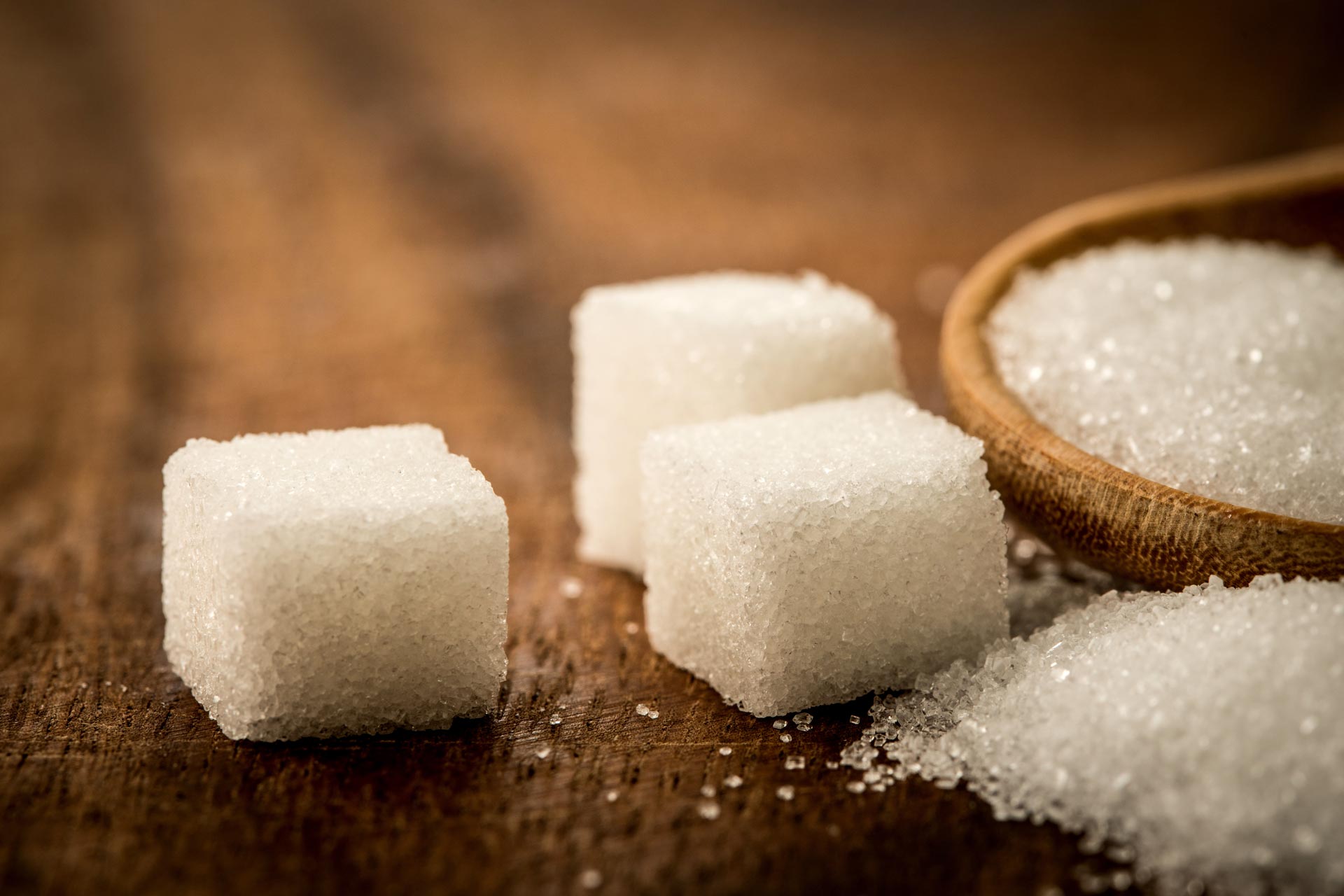• Microbial imbalance
• Altered metabolism
• Assessing sugars
What is already known on this topic
High-sugar foods, such as biscuits and fizzy drinks, are common in the Western diet and have been linked to the worldwide epidemic of obesity and other metabolic conditions. One hypothesis is that eating foods and beverages with added sugars can disrupt the gut habitat of microbes.What this research adds
Researchers reviewed the evidence of how sugars and other sweeteners influence the gut microbiota. The authors propose that, in order to adapt to sweeteners, gut bacteria have changed their metabolic, ecological, and genetic profiles.Conclusion
Assessing the consequences of the consumption of sugars and other sweeteners on host-microbe interactions could help to determine the safety of these products.
High-sugar foods, such as biscuits and fizzy drinks, are common in the Western diet and have been linked to the worldwide epidemic of obesity and other metabolic conditions. One hypothesis is that eating foods and beverages with added sugars can disrupt the gut habitat of microbes.
Writing in Advances in Nutrition, Sara Di Rienzi and Robert Britton at the Baylor College of Medicine reviewed the body of evidence that shows how added sugars and sweeteners shape the gut microbiota.
Microbial imbalance
Diet, in particular carbohydrates and nitrogen sources, have been shown to alter the structure and function of the gut microbiota within days. Added sugars and sweeteners include naturally occurring oligosaccharides, sugar alcohols, and synthetic sugars. These molecules are actively absorbed in the small intestine and are broken down into simpler compounds by the host or by gut microbes.
Because microbes adapt their regulatory, metabolic, and genetic profiles to the environment they’re in, changes in the sugar pool in the gut might turn normally benign bacteria into pathogens.
Indeed, studies have shown that glucose and fructose suppress polysaccharide utilization genes in Bacteroides thetaiotaomicron, limiting the microbe’s ability to colonize the gut of mice. And the addition of fructose or saccharine to mice’s diet altered their gut microbiota.
Altered metabolism
In addition to changing the structure of the gut microbiota, added sugars and sweeteners can disrupt the metabolism of gut microbes. For example, the genome of mice fed a high-sugar/high-fat diet is enriched in genes involved in sugar transport and metabolism. In human populations, increases in microbial genes involved in sugar metabolism and transport have been associated with type 2 diabetes and obesity.
Sugars in the gut can also influence the formation of biofilms, which have been implicated in the development of colorectal cancer and antibiotic resistance.
Finally, microbial metabolites can provide and additional energy source to the host, which could cause obesity and stimulate intestinal stem cell proliferation.
Assessing sugars
Future research should focus on what metabolites and biological processes are affected by a given sugar and how microbes adapt to altered sugar pools in the gut, the authors say.
Gut organoids could be used to test how alterations in a microbe’s physiology affect its adhesion to gut cells, while changes in microbes and their metabolites can be tested in living animals or cells grown in a laboratory dish. What’s more, analyzing the microbiota of people who avoid particular sugars could reveal how dietary sugar shapes the human microbiota.
Assessing the consequences of the consumption of sugars and other sweeteners on host-microbe interactions could help to determine the safety of these products, the researchers say.









